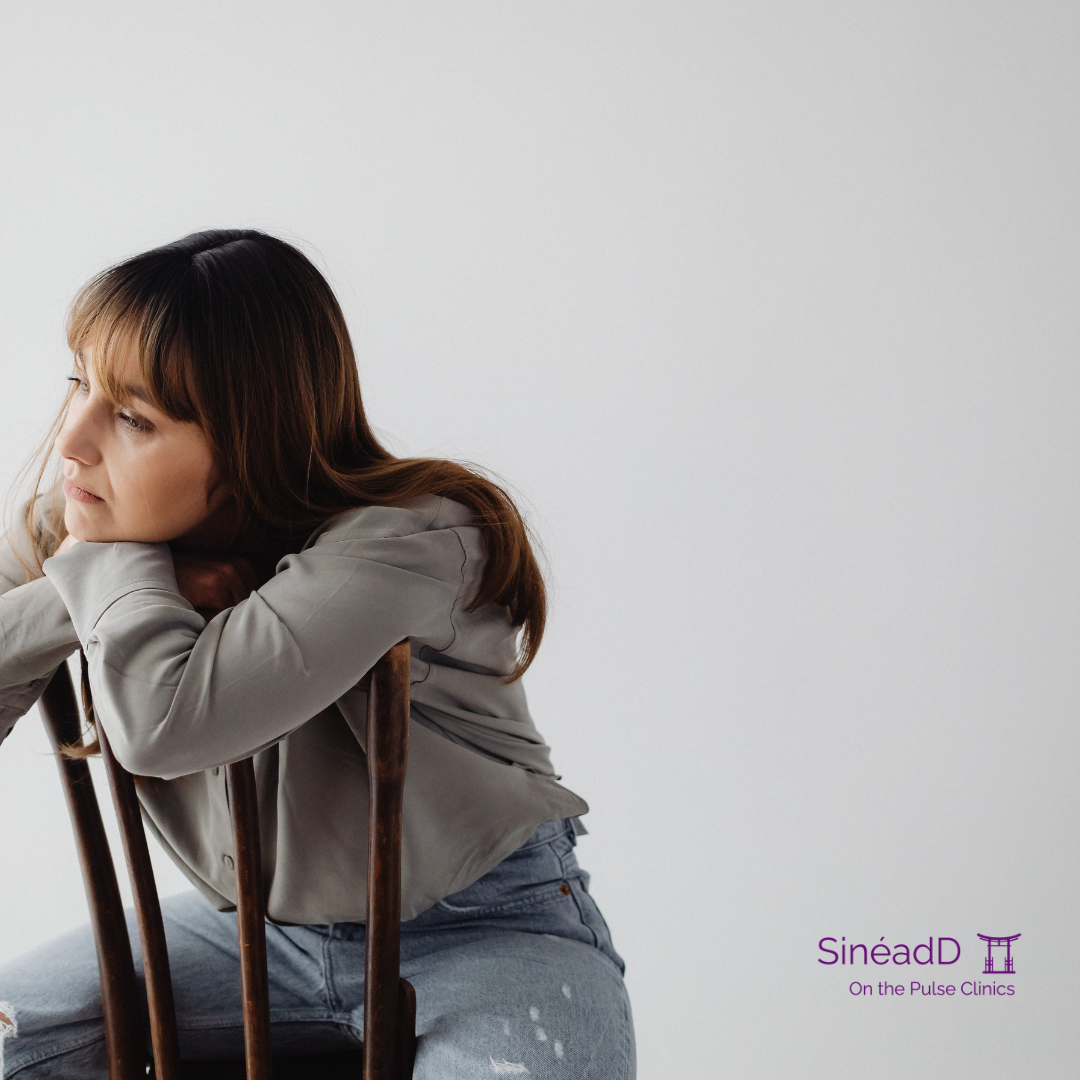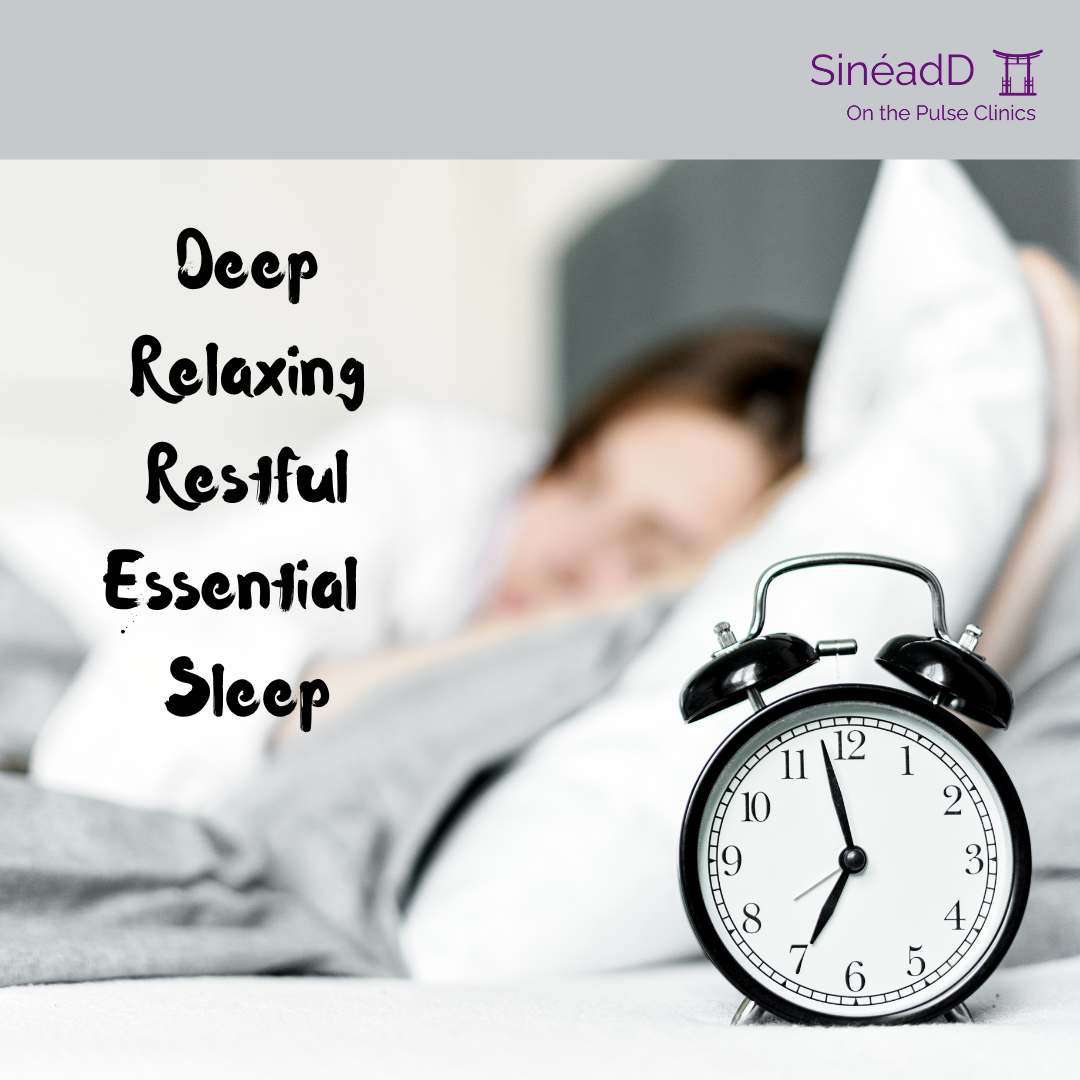
Living With Fear Doesn’t Always Look Like Fear
Many people living with chronic illness appear steady and capable on the outside, while quietly carrying uncertainty underneath. This article explores how fear can present subtly, why high-functioning does not mean unaffected, and how nervous system regulation can restore steadiness without force.

Why Information Isn’t the Same as Understanding
eing given a diagnosis or treatment plan does not always bring clarity. This article explores why information can leave people feeling unanchored, and why understanding is what truly helps people live between appointments.

Fertility, men, acupuncture, and IVF: What it can realistically support, and where it fits
What role can acupuncture realistically play for men with sperm issues during IVF? This article explores the evidence, the limits of biology, and how acupuncture may still support circulation, stress regulation, and sperm function, even when treatment begins close to retrieval.

Living With Uncertainty When Health Answers Are Incomplete
Living with unresolved symptoms or incomplete answers can quietly reshape how safe the future feels. This article explores why uncertainty is so hard on the body, why functioning does not always mean coping, and how people learn to live well while answers are still unfolding.

Clinical Reflections
Chronic illness often means living without clear answers. This reflection explores what caring for another being taught me about uncertainty in healthcare, the difference between information and understanding, and why helping people orient themselves matters as much as diagnosis.

Living Without Certainty
Chronic illness often means living without clear answers. This reflection explores what caring for another being taught me about uncertainty in healthcare, the difference between information and understanding, and why helping people orient themselves matters as much as diagnosis.

When the World Spins
When my fifteen-year-old Labrador developed acute idiopathic vestibular disease over New Year’s, the illness itself was frightening, but the lack of clear, anchoring information was harder. This article is a lived account of recovery, ageing, the human and animal experience of hospital care, and what our dogs quietly teach us about health, responsibility, and compassion.

Modern Medicine, Strengthened
When symptoms persist despite normal tests and appropriate treatment, it often reflects how complex the body’s regulatory systems are. This article explores a systems-based approach to care that supports recovery beyond symptom management.

Modern Medicine, Strengthened
Modern medicine excels at acute care, but much of today’s clinical work involves chronic, complex conditions that do not fit neatly into guidelines. This article explores how integrative care strengthens modern medicine by addressing multiple physiological systems at once, supporting better outcomes and quality of life for patien

Why We Ignore Our Eyes Until Something Goes Wrong
Most people ignore early eye symptoms until something feels seriously wrong. This article explains why early attention matters, how optometrists and acupuncture work alongside each other and how steady support can help people stay more comfortable and confident with their vision.

Acupuncture for Degenerative Eye Conditions
Specialist acupuncture used alongside ophthalmology to support people living with degenerative eye conditions. Suitable for macular degeneration, glaucoma, diabetic retinopathy, retinitis pigmentosa and post surgical visual loss. A safe, structured approach that aims to protect and support remaining vision.

Understanding Degenerative Eye Conditions and How Supportive Care Can Help
A supportive approach for macular degeneration, glaucoma, diabetic retinopathy and post surgical or traumatic visual loss. Used alongside standard medical care.

Can Chinese Herbal Medicine Help with Irregular Heartbeats?
Irregular heartbeats can feel scary, but you’re not alone — and there are more ways to support your heart than you might realise. This article explains how Chinese herbal medicine, used alongside regular treatment, may help with symptoms like flutters, skipped beats, poor sleep, and anxiety. Safe, gentle support for your heart, right here in South County Dublin.

Integrative Heart Care: How Chinese Herbal Medicine Supports Arrhythmia Management
Combining Chinese herbal medicine with conventional care may improve conversion rates and reduce premature beats in arrhythmias. Clinically, we also see meaningful improvements in sleep, energy, anxiety, and patient engagement. This article explores the research, mechanisms, and benefits of integrating herbs like Shensong Yangxin and Xin Su Ning into cardiovascular care.

Living With Chronic Illness: When Health Becomes a Full-Time Job
Living with a chronic or life-limiting illness can feel relentless. Between symptoms, appointments, and side effects, there are no real days off. This article explores the hidden emotional load of long-term illness and how acupuncture and Chinese herbal medicine can help create calm, reduce fatigue, and ease the strain of daily management.

When Osteoarthritis Doesn’t Fit the Story You Expected
Even lifelong athletes can develop osteoarthritis when long-term stress overrides the body’s repair systems. Regular acupuncture reduces inflammation, eases pain and restores calm physiology — the foundation for staying active and protecting your joints for the future.

When the Body Forgets How to Regulate: How Acupuncture and Chinese Herbal Medicine Can Support Autoimmune Health
The 2025 Nobel Prize in Medicine revealed how our immune system keeps peace within the body through special cells that remind it when to stop fighting. Traditional Chinese Medicine has always recognised this same principle — that lasting health depends on regulation, not suppression.

When the Body’s Peacemakers Falter: How Acupuncture and Chinese Herbal Medicine Support Immune Regulation
The 2025 Nobel Prize in Medicine recognised discoveries that explain how our immune system prevents “friendly fire.” These findings highlight the role of regulatory T cells in maintaining immune tolerance — a concept that mirrors how Traditional Chinese Medicine views health as a state of internal regulation rather than constant defence.
In practice, acupuncture and Chinese herbal medicine may support this regulation by improving circulation, digestion, and stress physiology, helping the body restore its own control over inflammation.
For clinicians and integrative practitioners, this shared language between immunology and TCM opens valuable opportunities for collaboration. When acupuncture and herbal medicine are used alongside medical treatment, clients with autoimmune conditions often experience better recovery, improved quality of life, and greater resilience.

Acupuncture, Relaxation, and Sleep: Why Treatment Frequency Matters
Acupuncture has measurable effects on sleep, stress, and autonomic regulation. Studies show it can improve insomnia, reduce anxiety, and support pain management. Two sessions in the same week may reinforce these benefits, especially in patients with chronic stress or long-standing sleep issues.

Why Deep Relaxation Matters and How Acupuncture Helps
When stress, pain, or busy lives make true rest hard to find, health can suffer. Acupuncture helps the body reset, guiding the nervous system into calm, restful states that support sleep, repair, and resilience. Starting with two sessions in the same week can make relaxation last longer and restore balance more effectively.
